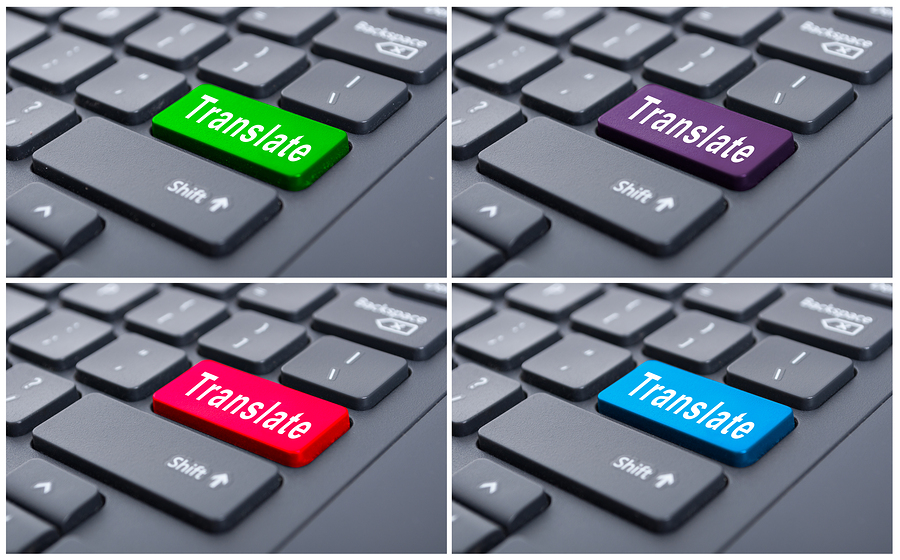Are you a translator? Do you confine yourself to document translation services? Have you ever contemplated literary translation? If you have, you may find that it is harder than you thought! It is amazing just how much literary translation actually goes on behind the scenes and just how challenging it can be.
Literary translation may be just one of the many services offered by a translation services provider, but it is quite specialised and those translators who make their living from it develop their talent for literary translation after a lot of hard work and a fair bit of time.
The main difference between the content the original writer creates in their own language and the task the literary translator is faced with is that the former is free to pick and choose what they write about, while the translator must stick to what they are given.
Most good literary translators will not translate the texts they deal with too literally as this will probably rob the “feel” of the content the original writer is trying to convey to his or her readership.
In fact, some literary translators will deliberately avoid reading the book or text they have to translate before they translate it. The reason they give is that by reading the text for the first time, they find it more stimulating and this converts into their translation.
It’s not all that common, but when a translator actually meets the author of the work they are translating, it can be a real bonus and there is always the chance of building a good working relationship between translator and author Well translated literary texts read as if they have never been translated. Conversely, a badly translated text will be detected as a translated text immediately and will put the reader off.
It is no coincidence that literary translators will tend to stick to certain genres so they build up a good, working knowledge of the idioms and phrases which are most common.
Truly bilingual or multilingual countries, like Canada or Switzerland, are often places where good literary translation takes place. The practice of perfecting translation starts to ensure that both linguistic communities understand each other well enough but on a longer term basis, it is more about wanting to read something that has been written by someone else in another language.



